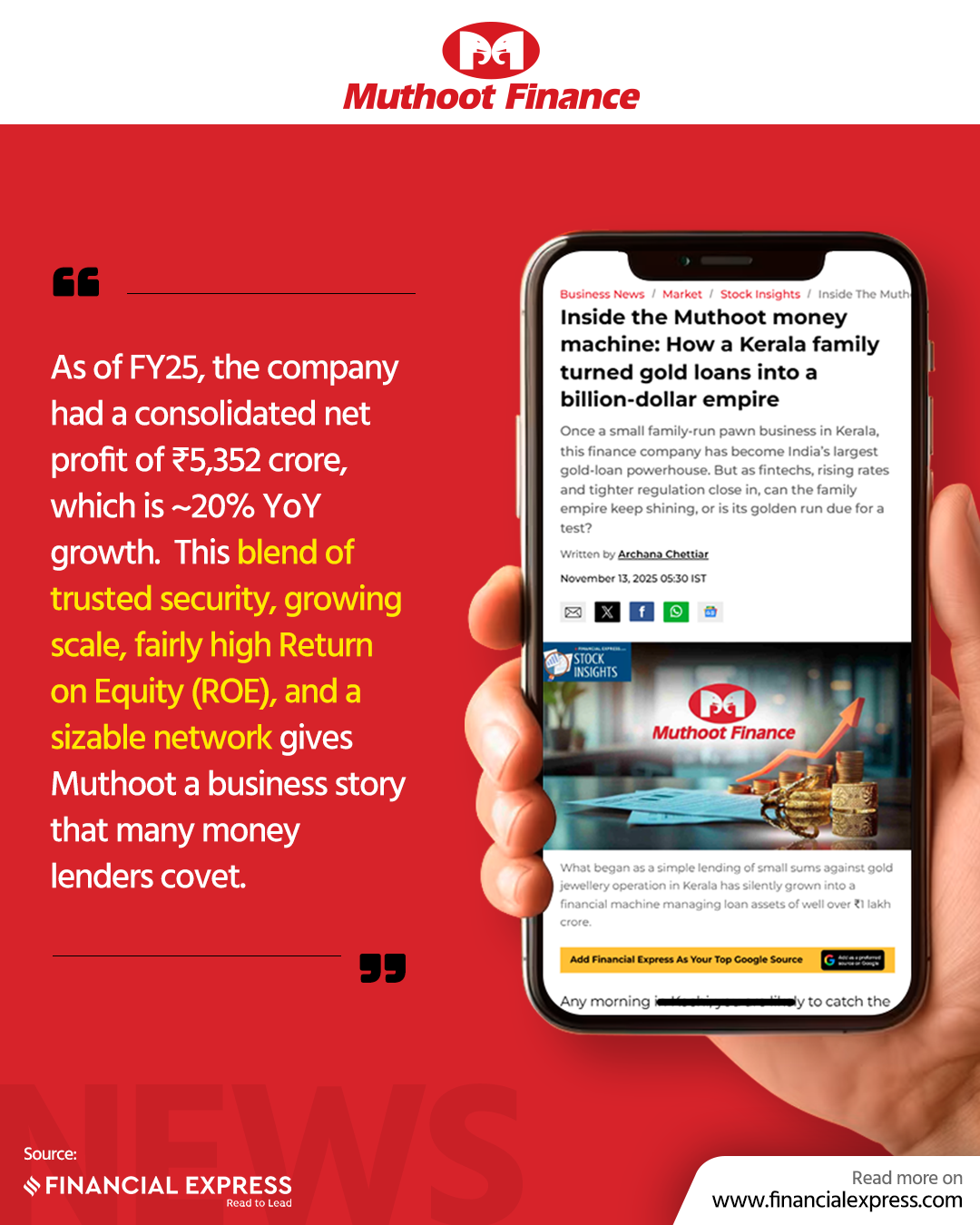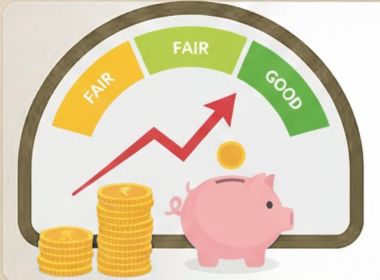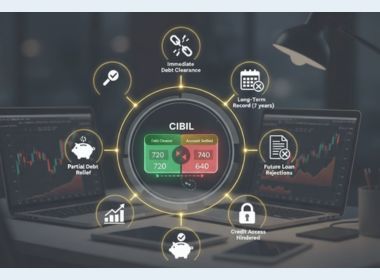Search Suggestions
- Gold Loan
- Money Transfer
- Mutual Funds

A Beginner's Guide to Investing in Non-Convertible Debentures
Organizations need capital funding for their short-term and long-term business requirements. They procure financing either through loans or by issuing bonds and debentures to the public. The issuer of these bonds and debentures pays interest to the investors. In India, debenture investments are generally done through private companies that issue them. Debentures are also a kind of bond that is not attached to collateral. Put simply, debentures are unsecured bonds. Since debentures are riskier than bonds, the interest rate on debentures is generally higher than bonds. Treasury Bills, Treasury Bonds, and low-rated (less than AA+) Corporate Bonds are examples of debentures. NCDs (Non-Convertible Debentures) are a type of debenture that cannot be converted into shares or equity. An investment in NCDs should be based on your risk profile, risk appetite, and financial goals. Both NCDs and bonds are great ways to diversify your portfolio.
What is a Non-Convertible Debenture?
Some debentures can be converted into equity shares at the discretion of the owner. Debentures that can be converted into shares are called Convertible Debentures (CDs) and those that cannot be converted into shares are called non-Convertible Debentures (NCDs). The interest rates of NCDs are higher than CDs as they are comparatively riskier than CDs.
For investment purposes, NCDs could be a great inclusion in your portfolio. It not only adds diversification but NCD interest rates are typically higher than those of bonds and FDs. You can buy NCDs when they are initially issued by the issuing company or buy them later in the secondary market when it is trading. You can buy NCDs both online and offline.
Types of Non-Convertible Debentures
There are two types of NCDs:
-
Secured NCDs: Secured NCDs are those NCD investments that are backed by the issuer/borrower company's assets. If the borrower defaults on investor payments, the investors can claim payment through the borrower’s assets.
-
Unsecured NCDs: In India, NCD investments that are not backed by the issuer company's assets are called unsecured NCDs. The investors cannot claim payment as the NCDs are not secured by collateral and hence are riskier than CDs.
Things to Know Before Investing in NCDs
While making any kind of investment, you should look at the risk, returns, and liquidity of the instrument among other things. Apart from that, you should also look at your risk appetite, financial goals, and investment horizon. The same goes for NCD investments too. Before you decide on the best NCD to invest in, you should be aware of the following aspects:
NCDs
SecurityThey are unsecured and not backed by the assets of the issuer as security.
Interest RateThe NCD interest rates are higher than bonds
Interest TypeThey usually have a fixed interest rate.
Interest PaymentsThe interest is paid periodically based on the issuer’s performance.
MaturityNCDs cannot be withdrawn before maturity. Since NCDs are listed on the share market, they can be sold in the secondary market.
Risk FactorNCD schemes are high-risk, high-return investments.
ConversionsNCDs cannot be converted to stocks of the company.
TenureDebentures like NCDs are generally issued for short term capital requirement; hence have a shorter tenure than bonds.
Issuing BodyPrivate companies generally issue NCD Schemes
PriorityA debenture holder is the first one to be paid before equity shareholders.
Things to Know Before Investing in NCDs
Since NCDs are comparatively riskier than Convertible Debentures (CDs), NCDs have a higher interest rate than CDs.
When searching for an NCD to invest in, you should check the following:
-
Credit Rating: Choose an NCD with an AA rating or above. The credit ratings are issued by agencies like CARE, FITCH, CRISIL, ICRA, etc.
-
Level and Type of Debt: It is not advisable to invest in an NCD if the company allocates more than 50% of its total assets towards unsecured loans.
-
Capital Adequacy Ratio (CAR): CAR is a measurement of the company’s assets to see if it can survive potential losses. A CAR of 15% or more is recommended.
-
Provisions for Non-Performing Assets: The company must keep aside at least 50% of its assets towards NPAs; it is a positive indicator of their asset quality. If the percentage goes below this, it is an indicator of the bad debts of the company.
-
Interest Coverage Ratio (ICR): It determines the company’s ability to repay loans from its creditors.
-
Tax Slab: If you come under the low tax bracket of 10-20%, NCD investment earnings are more.
Conclusion
If you are looking for a high-return, high-liquidity, and tax-efficient investment, NCDs are an ideal option.
CATEGORIES
OUR SERVICES
-

Credit Score
-

Gold Loan
-

Personal Loan
-

Cibil Score
-

Vehicle Loan
-

Small Business Loan
-

Money Transfer
-

Insurance
-

Mutual Funds
-

SME Loan
-

Corporate Loan
-

NCD
-

PAN Card
-

NPS
-

Custom Offers
-

Digital & Cashless
-

Milligram Rewards
-

Bank Mapping
-

Housing Finance
-

#Big Business Loan
-

#Gold Loan Mela
-

#Kholiye Khushiyon Ki Tijori
-

#Gold Loan At Home
-

#Sunherisoch
RECENT POSTS

Understanding KDM Gold and Why it’s Banned
Know More
Gold loan boom: 3,000 new branches to open in India in 12 months
Know More
Gold Loan Boom: Rs 14.5 lakh crore market spurs NBFCs to add 3,000 branches
Know More
How BNPL Affects Your Credit Score
Know More
Inside the Muthoot money machine: How a Kerala family turned gold loans into a billion-dollar empire
Know More
Billionaire Family Turns India’s Gold Obsession Into a Fortune
Know More
What is a Cheque and its Different Types in India?
Know More
Benefits of Paying Your EMIs on Time: Why Timely Payments Matter
Know More
A Complete Guide to Report Online Fraud
Know More
How does a Personal Loan Affect your Credit Score?
Know MoreFIN SHORTS

What Are Co-Pay and Deductibles in Insurance Policies?
Know More
Should You Take a Loan Against Your Mutual Fund or SIP?
Know More
Top 5 Best Mid-Cap Mutual Funds to Watch in 2026
Know More
Are Personal Loans Right for Retirees? Key Points to Consider
Know More
What Happens to a Personal Loan After the Borrower Dies?
Know More
Best Loan Choices for Credit Scores of 580 and Below
Know More
7 Reasons Why a Gold Loan Is the Best Option for Small Businesses
Know More
10 Reasons Why People in India Prefer Physical Gold
Know More
Real Estate vs Gold: Which Is a Better Investment in India?
Know More
10 Common Mistakes That Make Investors Lose Money in Mutual Funds
Know More
10 Reasons Why Gold Has So Much Appeal in Uncertain Times
Know More
7 Ways Settling Debt Can Impact Your CIBIL Score
Know More- South +91 99469 01212
- North 1800 313 1212





